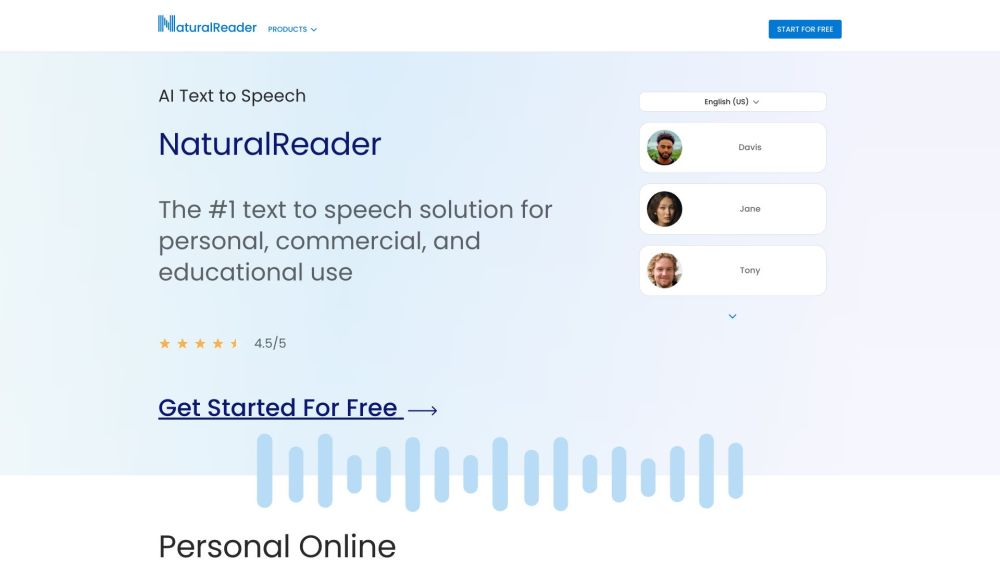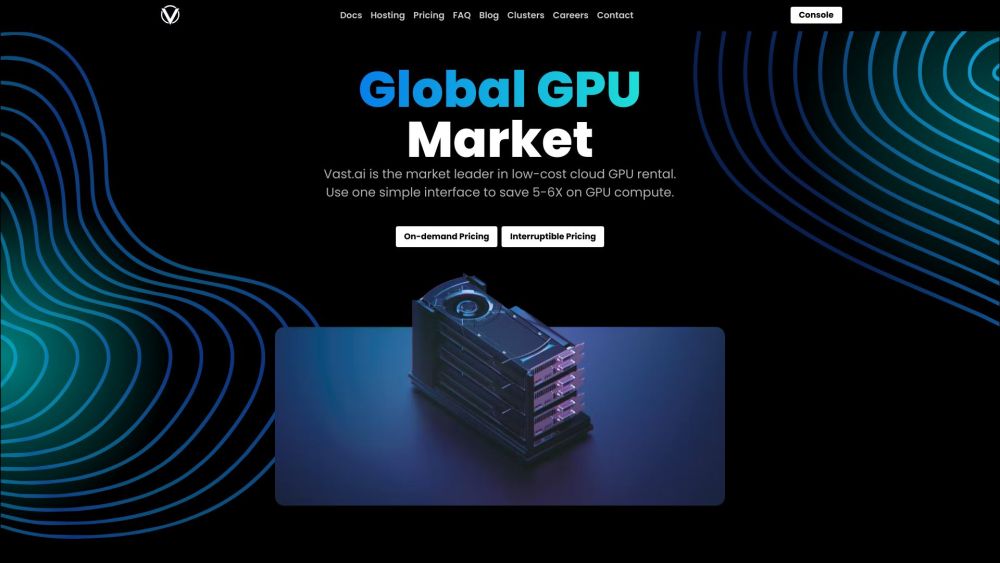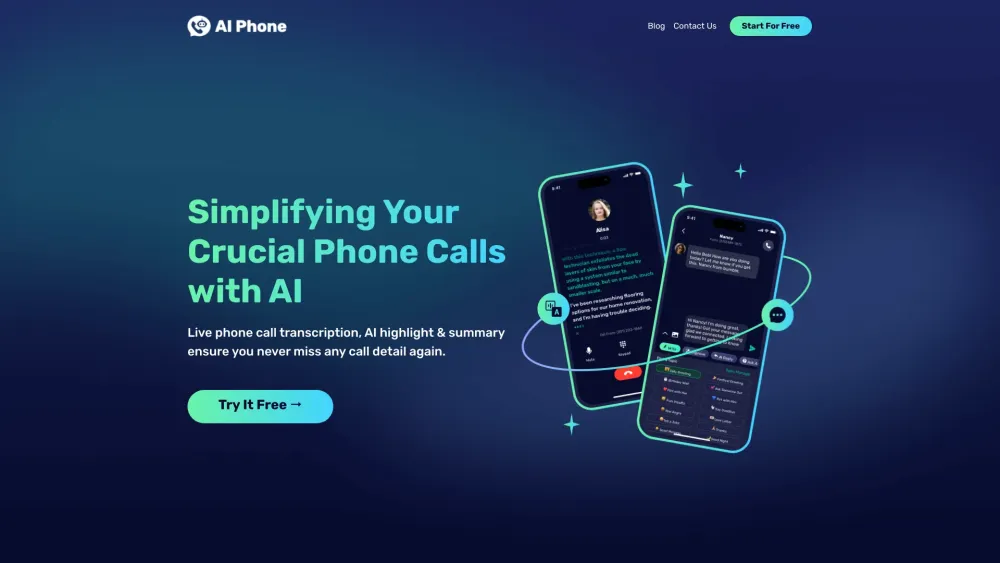OpenAI Unveils New Developer Conference Format: No GPT-5 Release Planned
Most people like

NaturalReader transforms written text into spoken audio, allowing users to easily listen to their documents. This innovative tool enhances accessibility and promotes multitasking, making it a valuable resource for both students and professionals alike.

Affordable Cloud GPU Rental Platform for Optimal Performance
In today's digital landscape, the demand for high-performance computing resources has skyrocketed, making cloud GPU rentals an attractive option for businesses and developers. Our platform offers an economical solution for accessing powerful GPU capabilities, enabling you to enhance your projects without the hefty price tag typically associated with traditional hardware. Experience seamless scalability and flexibility with our low-cost cloud GPU rentals, designed to cater to your specific needs and boost your productivity.

In today's digital landscape, having an impactful online presence is crucial for businesses of all sizes. An AI website creator simplifies the process of building a professional website, allowing entrepreneurs and companies to create stunning sites effortlessly. By leveraging advanced technology, these tools provide customizable templates and user-friendly interfaces, empowering users to establish their brand identity and enhance customer engagement. Discover how an AI website creator can transform your business strategy and drive online success.
Find AI tools in YBX


